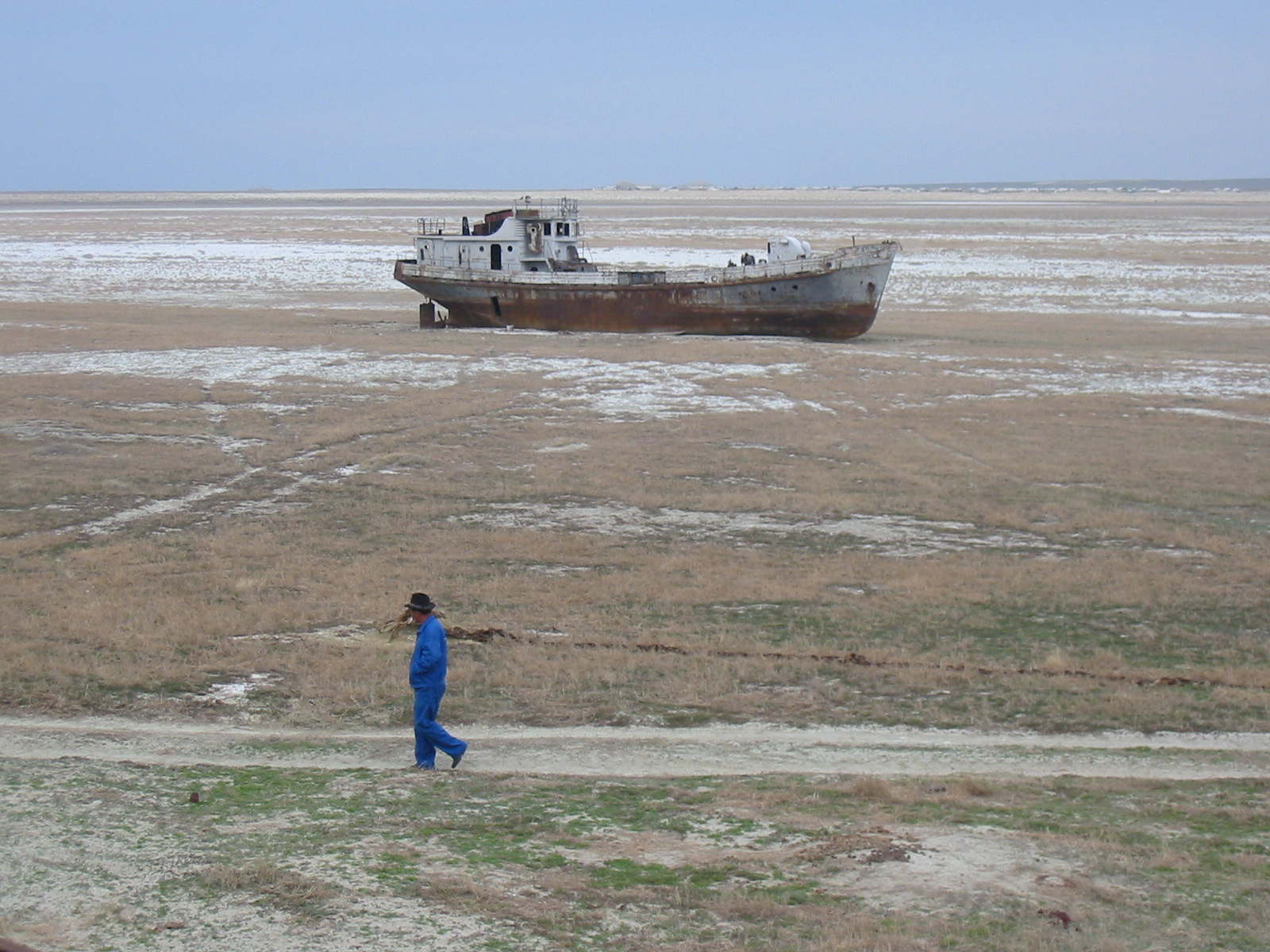For decades, Israel has received international praise for its water conservation and management techniques. Using methods such as drip irrigation, desalination, advanced metering, and wastewater recycling, Israel has managed to turn its desert climate into a veritable oasis—even exporting water to neighboring nations. But in stark contrast to the water availability that Israeli citizens enjoy, people in the Occupied Palestinian Territory (OPT) have severely limited access to water. Israel must grapple with the environmental injustice ingrained in its water system in order to serve as the international model it strives to be.
According to the United Nations Office for the Coordination of Humanitarian Affairs, the average Palestinian in the West Bank has access to only 73 liters of water per day, in comparison to the 240 to 300 liters available to the average Israeli. Palestinians have limited access to the waters in the OPT: Israel has laid claim to over 80 percent of the yield of the Mountain Aquifer—the largest aquifer in the country—despite most of it being located within the West Bank. Palestinians have been largely cut off from access to the Jordan River since the Six-Day War, and the Coastal Aquifer located in Gaza has become so polluted by untreated sewage that only 5 to 10 percent of it remains potable. Construction of the Israeli West Bank Barrier has separated many Palestinians from access to fertile lands and these water sources. Eighty percent of the barrier has been constructed within Palestinian territory—rather than along the border—leaving many villages separated from their water resources. Further, the Israeli army has destroyed water cisterns and tanks used by farmers and households, despite the historical effectiveness of these water holding devices.
Due to lack of infrastructure, dearth of available water, and the destruction of water containers, many Palestinians rely on trucks to bring in water. This imported water is often 15 to 20 times more expensive than piped water, an inordinate expense for the 80 percent of Gaza residents that require charitable assistance to afford basic living expenses. The water brought in by these trucks is typically used solely for drinking, leaving many without water for other basic tasks. Further intensifying the issue, there are over 500 military checkpoints located in the OPT, which can delay drivers and leave villages without water for their crops, livestock, and everyday lives for days at a time.
Israel attempts to justify these harsh restrictions with political rhetoric about national security. In a 1998 speech, Prime Minister Benjamin Netanyahu said, “when I talk about the importance to Israel’s security, this is not an abstract concept… It means that a housewife in Tel Aviv can open the tap and there’s water running to it, and it’s not been dried up because of a rash decision that handed over control of our aquifers to the wrong hands.” Unfortunately, these vague ideological and security concerns have translated into a daily struggle for Palestinian water access. The Israeli government claims that giving Palestinians access to the water within their own territory would lead to excessive pumping and pollution of these reserves and would threaten Israeli security. Yet, the amount of water pumped from the Mountain Aquifer—80 percent of which goes to Israel—far exceeds its sustainable yield.
Control over water can be used as a geopolitical tactic of oppression and intimidation in the ongoing Israeli-Palestinian conflict. Limited access to water is used to encourage Palestinians to abandon homes and villages. Article 11 (1) of the International Covenant on Economic, Social, and Cultural Rights, to which Israel is party, establishes the right to quality, accessible water for all people. However, Israel is failing to uphold its commitment to protect these rights for all people, not just all Israeli citizens.
Today, we need to rethink global water use. As climate change accentuates the stress on worldwide water systems, nations need to work together to find solutions. Israel’s success has shown that water systems can thrive in the driest of regions, and its techniques for water conservation should be shared. But technologically excellent systems aren’t enough: Sustainable water solutions must incorporate equal access for all. As long as water access is still restricted in the OPT, Israel cannot continue to justify its position as a model for water sustainability. Photo
